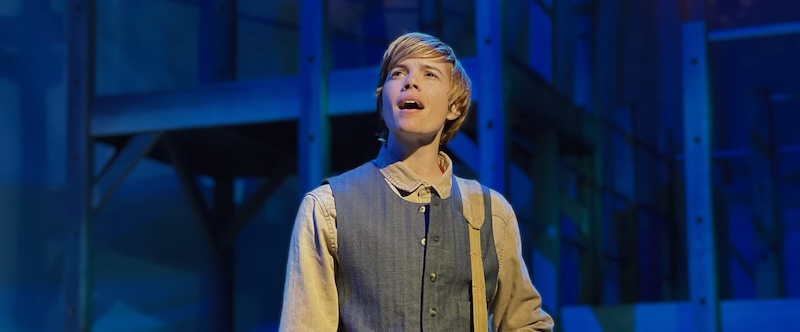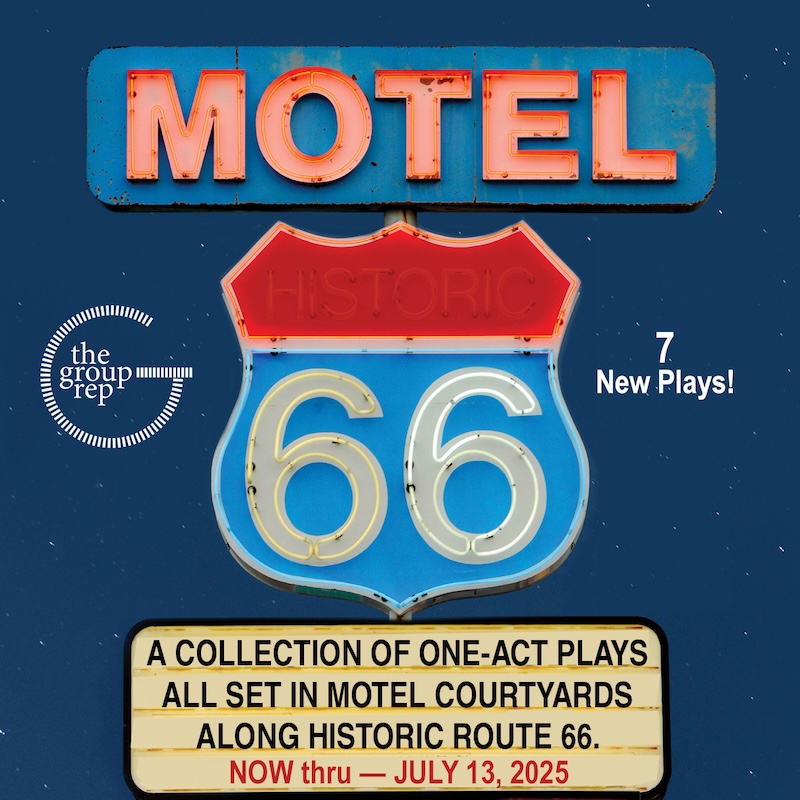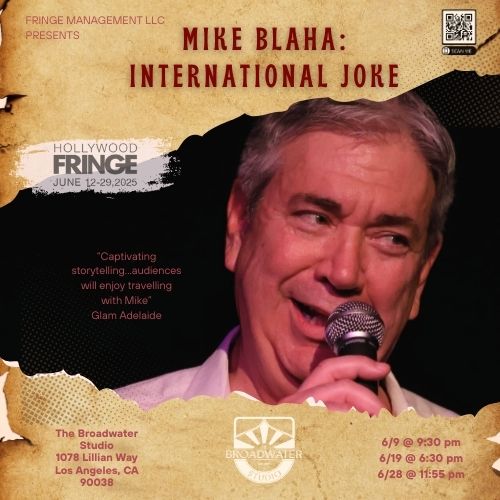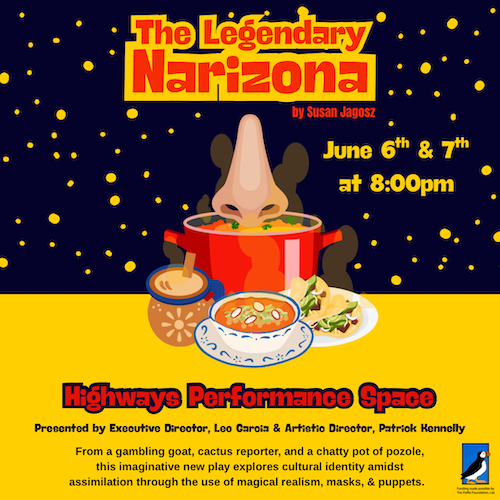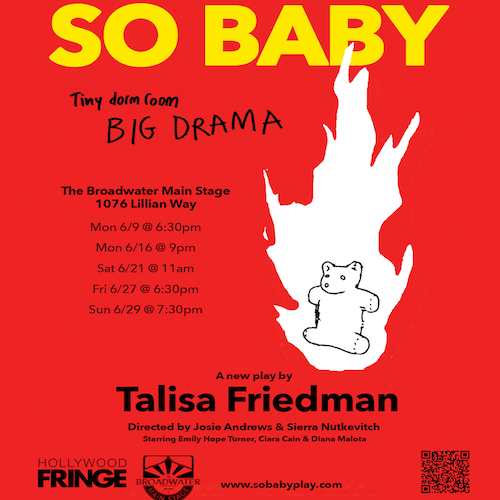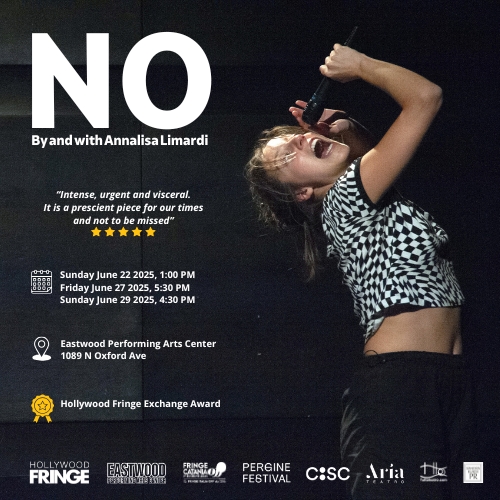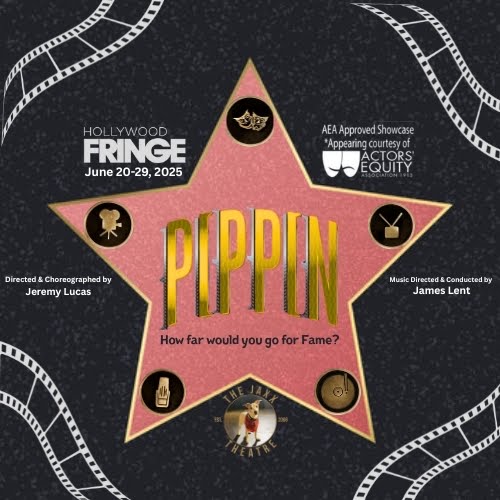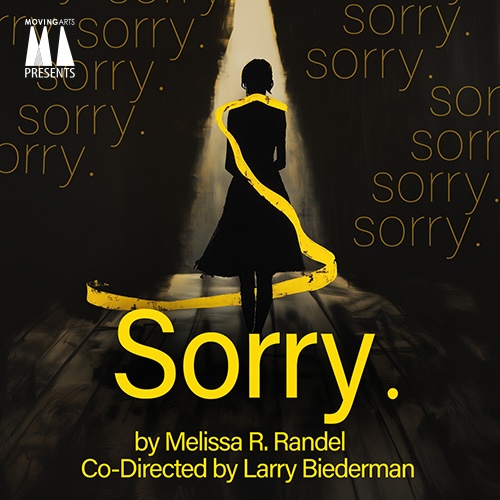
Reviewed by Socks Whitmore
The Colony Theatre
Through September 22
RECOMMENDED
“I didn’t break the rules because I chose to; I broke them because I was born.”
Albert D. J. Cashier was a soldier in Company G of the 95th Illinois voluntary regiment, who immigrated to Belvidere, Illinois and enlisted in the Union army to fight in the American Civil War before reaching the age of 19. He served valiantly, was captured by Confederate soldiers, escaped to complete his three-year term, and was honorably discharged in 1865. It wasn’t until 1914 that Cashier’s secret came to light: he had been assigned female at birth.
The Civility of Albert Cashier is a folk & country musical written by Jay Paul Deratany with music by Coyote Joe Stevens & Keaton Wooden. It tells the true story of a self-made man and his brothers in arms. Oscillating between the battlegrounds of the Vicksburg campaign and a hospital in Saunemin, Illinois, the show follows parallel threads in time: first, Albert’s life as a soldier, and second, an investigation by the veterans’ pension board into his identity almost 50 years later. In addition to themes of gender, sexuality, and defying heteronormativity, the story touches on racism, trauma, memory loss, and grief. In exploring self-determination, brotherly love, and Black joy, The Civility of Albert Cashier reframes the question of why the Civil War was really fought and instead asks — if we seek to win through violence and control, can we really call ourselves civilized?
The scenic design consists of an unpretentious laddered wooden structure doubling as fortress and hospice, set in front of large draped curtains that provide a shaped backdrop for projections to enhance the setting. The simplicity is suitable to the time period and complements the period-country stylings of the music. This production includes a thoughtful preshow advisory about the prop guns on stage; though none of the weapons are physically capable of firing, multiple rifles are frequently pointed towards the audience and there are several emotional character deaths from bullet wounds.
Dani Shay as Young Albert exhibits an impressive low range and dark timbre, in pleasant contrast to the weathered folky croon of Cidny Bullens as Older Albert. Fatima El-Bashir is a standout vocalist in the role of Sattie Douglas, delivering both a boisterous belt and angelic lilt with versatile ease. The musical composition is notably queer-informed, making a point to keep Young Albert’s treble vocal range low and masculine while giving cis male characters opportunity for falsetto. The number “Brothers in Arms” is a particularly heartwarming moment where in which the soldiers dance, clap, and show their love for one another (though some consonants get lost in the bassy harmonies of the masc-dominated ensemble).
Deratany’s book makes modest adjustments to the documented history of Cashier, but in many ways honors what is known about him. Albert Cashier shared very little about his childhood and suffered from dementia at the end of his life, shown on stage with vivid flashbacks to the war that leave him disoriented and distressed. Many who discovered his secret chose to protect it and advocated for him as a veteran, but the officials at the state hospital where he finally passed were not so kind; the second act of the show is particularly ripe with painful misgenderment. Deratany gives Cashier a voice in resisting gender conformity, in one line noting: “I would rather have died on that field and be remembered the way I wanted to be.” Today, Cashier is remembered as the most notable transmasculine soldier from the American Civil War, and this adaptation of his story offers today’s gender expansive audiences a window into queer history.
These histories have all too often been erased from the narrative, and in this urgent political moment surrounding the attack on transgender rights, Cashier’s story is more important than ever. Through music and humor, The CiviliTy of Albert Cashier aspires to show that a common passion to do good can always override prejudice, and — equally important — never to underestimate love in friendship. As Rogers so aptly puts it, “We are loved more than we ever imagine.”
The Colony Theatre, 555 N. Third St., Burbank. Thurs.-Sat., 8 pm Sun., 3 pm; thru Sept. 22. www.colonytheatre.org Runtime: two hours with one 15-minute intermission


